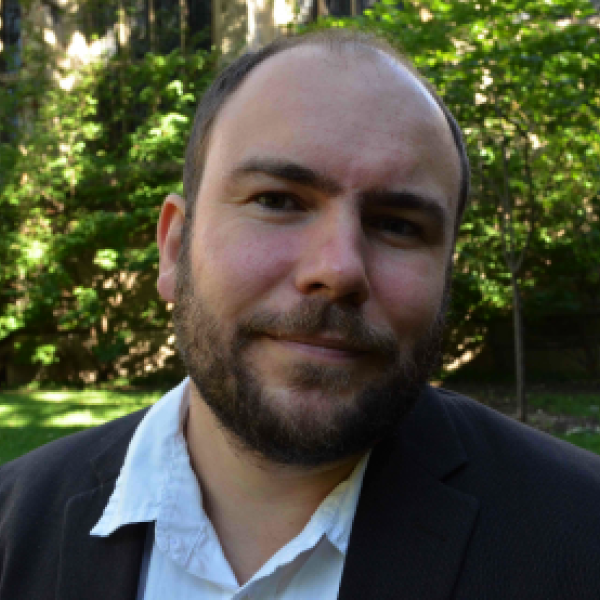Academic Bio
Eugene Raikhel is a cultural and medical anthropologist with interests encompassing the anthropology of science, biomedicine and psychiatry; addiction and its treatment; suggestion and healing; and post-socialist transformations in Eurasia. He is particularly concerned with the circulation of new forms of knowledge and clinical intervention produced by biomedicine, neuroscience and psychiatry. His work follows therapeutic technologies as they move both from "bench to bedside" and from one cultural or institutional setting to another, examining how they intersect with the lives of practitioners and patients.
Professor Raikhel's Governing Habits: Treating Alcoholism in the Post-Soviet Clinic was published by Cornell University Press in the Fall of 2016. Based on fourteen months of fieldwork in St. Petersburg among institutions dealing with substance abuse, this book examines the political-economic, epidemiological and clinical changes that have transformed the knowledge and medical management of alcoholism and addiction in Russia over the past twenty years.
Two new projects, both based largely in North America, are in an earlier stage of development. The first of these, a collaboration with Stephanie Lloyd (Laval University) and researchers in the Department of Psychiatry at McGill University, examines the emerging field of "behavioral epigenetics," with a particular focus on research about suicidal risk. They are in the process of carrying out an ethnographic study to examine how neuroscientists, geneticists and psychiatrists draw upon the latest scientific knowledge to explain suicide, and how family members, in turn, take up these explanations. He has also begun a second project, which will examine how contemporary logics, practices and politics of mental health and illness intersect with class distinctions and aspirations for upward mobility among undergraduates in the United States.

